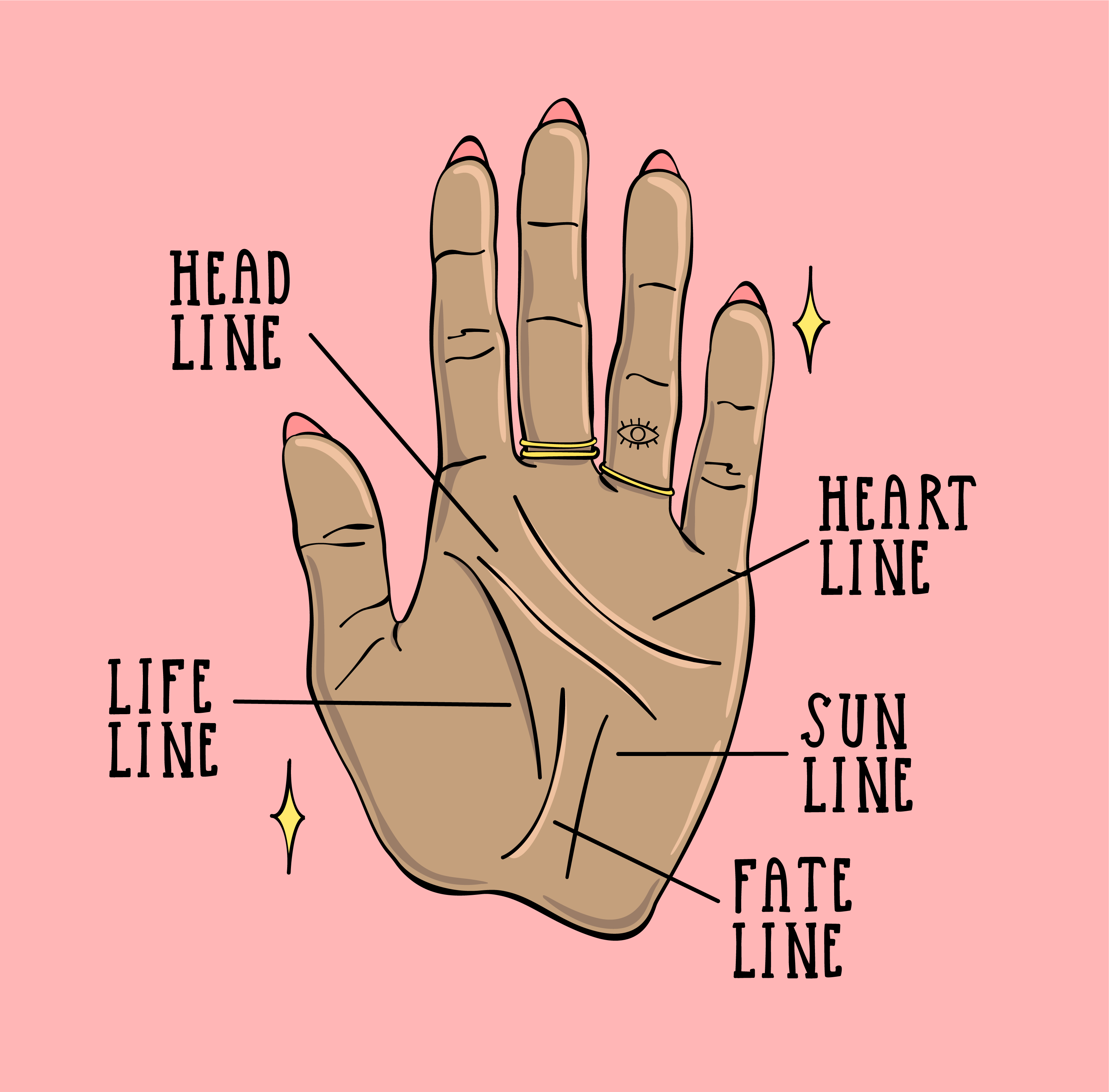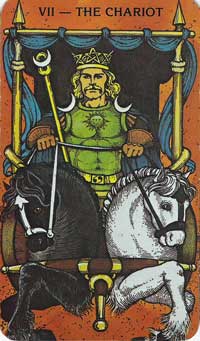
The Fool is one of the cards in tarot. It symbolizes naivety as well as adventure. It is one the 78 cards in any deck and part the 22 Major Arcana. This card can sometimes be numbered XXII. The Fool may represent youthful foolishness or unpredictability.
This card represents naivete
The Fool Tarot card shows a young man at the edge of a cliff. He is on a quest, and is looking up. He is about to jump into the unknown. His humble knapsack is filled with a simple white rose and white dog that symbolize purity, loyalty and honor. This image could be inaccurate. The Fool's tarot meaning can also be interpreted as recklessness and overconfidence.
Young foolishness
There are many meanings for the Fool Tarot cards. It can be used to indicate youth, energy, and vigor. It could also signal the beginning of a brand new life or the beginning of a family. It can also mean an exploration of your spiritual life, and your willingness to try new things.

Unpredictability
The Fool tarot card represents the individual who takes a risk in life. It is important that one remembers to be fearless, and to listen to their intuition. It symbolizes originality and being free from the rigors of routine. The Fool card in the Tarot deck is a good choice for those who want to live a full life.
Adventure
The Fool tarot card can indicate restlessness and a desire for adventure. This card may also suggest that you should reconsider quitting your job. It can also signify inner energy and the passage of a phase. So be cautious with your choices. The Fool can also indicate timing.
Lack of commitment
The Fool card can be used in the tarot to indicate both positive or negative things. It can signify a lack or commitment to discipline. If the Fool is upright, this means that you have an extreme love life, and if it is upside-down, it indicates a lack of commitment. The Fool may also represent a career change.
New beginnings
Turn to the Fool Tarot Card if you're looking for a new beginning. The Fool represents freedom, adventure and sincerity. It also signifies new beginnings, new opportunities and a fresh outlook.

Encouragement to leap of faith
The Fool Tarot card is a symbol of new beginnings and new opportunities. The Fool, a young man poised at the edge, ready to step into the unknown, is a powerful symbol for embracing the unknown. The Fool is a symbol of action, curiosity, and trusting the Universe to take care.
FAQ
Where can you find free resources that teach more about hobbies and interests?
There are tons of websites devoted to helping people discover new hobbies.
Here are some of the favorites:
www.trythisathome.com - This site provides a list of over 100 different hobbies. It also includes information on how to get started on each one.
www.hobbyfinders.org is a site that offers thousands of activities. It allows you to search by location, skill level and interest.
www.indiebazaar.co.uk - IndieBazaar is an online marketplace designed specifically for independent artists and musicians. The site has hundreds of products, from artwork to music equipment.
www.pinterest.com/explore/hobbies - Pinterest is a social media network that lets users "pin" images they find interesting onto their boards. Users can create boards to group things that they like into certain categories.
www.reddit.com/r/Hobbies Reddit enables users to post links and articles, as well as videos, on other social media platforms like Facebook. Users can vote on the posts they consider most valuable.
How can I find a hobby?
You might feel as though you don't have a choice when you first start your quest for a hobby.
You might be thinking "I'm not very creative" or "I am terrible at sports" or even "I don’t know anything”.
You probably have plenty of experience and knowledge to use when you are looking for hobbies.
It's just not something you're aware of.
Take a tour of your house. How many things do you own?
Do you have any old toys lying around?
You might have a collection.
Perhaps cooking has been something you've wanted to do all your life.
Maybe you want to get back into playing the guitar.
Whatever it may be, you can likely turn it into something.
The key is to see that you already have many experience to draw upon.
Once you have done that, you will be able choose a hobby that suits your lifestyle.
What are competitive hobbies, you ask?
Swimming, running, cycling, golfing and tennis are some of the competitive sports.
They're often enjoyed by people who are active and want to socialize.
If your hobby involves physical activity, you will likely find other people who share it.
This may mean joining a club or group where you meet regularly to play sports together.
You can also participate in team games where you play alongside others.
These include soccer (soccer), rugby, netball and hockey.
There are many types of competition.
Some competitions are organized for purely recreational purposes.
Others are designed to test the skill of competitors.
Others are also designed to reward exceptional performance.
The winners are awarded prizes in these cases.
Other competitions test strength and endurance.
These are known endurance events.
For example, marathon races, triathlons, Ironman Triathlon, etc.
Athletes train hard before they compete in these events.
To prepare them mentally and physically, they will be following a strict training regimen.
They may also need to spend some time away from home during preparation.
It is important to keep in mind that not all athletes can compete in every event.
What hobbies are best for introverts and what types of hobbies would they enjoy?
The ability to focus on just one thing is a hallmark of introverts. They enjoy solitude and prefer to read, write, play music, watch movies, etc.
They also enjoy quiet time. They do not like to socialize all day. They often feel bored when they are surrounded by people.
Introverts will often choose hobbies that require them alone. An introvert might like to read, listen to music, take photographs, paint, write poetry, or even create art.
Introverts may even prefer to live alone. This allows them to concentrate on their hobby and not be distracted.
What are some good hobbies?
You can find the best hobbies that you love doing for yourself. You will find it easier to stay motivated if you love what your doing. You will have a reason when you feel sick or tired.
The hobbies we all love are gardening, painting and crafting, photography.
Another option is to volunteer at a local charity shop.
If you're looking to do something more adventurous, Take up skydiving or rock climbing, parasailing, parasailing and paragliding.
If you want to go further afield, there are plenty of unique ways to spend time in nature. These include caving and cave tubing.
Statistics
- Almost 80% of people claim to have no hobby. (hobbylark.com)
- In comparison, men in the “no humor” condition were refused 84.6% of the time and were only accepted 15.4% of the time. (time.com)
- The Role of the Mind in Sex, Dating, and Love: Men in the “humor” condition received phone numbers from 42.9% of the female participants and were refused 57.1% of the time. (time.com)
- This 100% accurate personality-analyzing hobby quiz discovers your passion based on your characteristics. (quizexpo.com)
- Much of this decline reflects the fact that teens are less likely to work today than in the past; among employed teens, the amount of time spent working is not much different now than it was around 2005. (pewresearch.org)
External Links
How To
How to start gardening
Gardening is one the oldest forms. It requires patience, persistence and determination. It is important to choose the right location for your garden. You can choose to have a large area or a small one in your backyard. Next, decide what type of plants you want to grow. Do you prefer flowers or vegetables? Some people enjoy growing herbs and others prefer raising livestock like rabbits. Before you decide what crops to plant, you should think about how much space is available. If you live in a climate that experiences cold winters, then you might decide to grow fruits or berries as they do well in colder climates.
After choosing what you want to plant you need to prepare your soil. Soil is essential in determining whether your plants will thrive or fail. Organic matter is essential for the health and well-being of your plants. Organic matter can include leaves, twigs and grass clippings as well as manure and compost. You need nutrients to your soil after you have prepared it. You may need different amounts depending on what type of plants you are trying to grow. To determine these values, you can use a fertilizer calculator online. There are many fertilizers to choose from, so it is important that you are familiar with the product you are using.
After you have prepared your soil, and added the correct nutrients, you will need to wait until your seed germinates. The process takes between 2 weeks and 3 months depending upon the climate in your area. After your seeds sprout, it is important to water them frequently. You can endanger your plants if you water them too often or too little. Make sure to give your plants water at regular times and not overwater. Overwatering your plants can lead to root disease and fungal infections. Remember that plants need less water in the summer than they do in the winter. Remember that some plants require drying out after being watered. For example, tomatoes need to stay slightly moist but not wet. They won't tolerate soggy soil. After plants finish flowering, they need to go dormant. The time when plants stop producing new life and store energy for the next season is called dormancy. Dormancy is when the plant stops sending signals back to its roots for food production. During this period, plants continue to store energy. However, if the temperatures drop below freezing and there isn't enough sunlight, the plant will go to sleep.
Living in urban areas may restrict the types of plants you can plant. Concrete sidewalks, roads and buildings are common in urban areas. They block sunlight from reaching the ground. Concrete absorbs light which blocks sunlight from reaching the ground below. This is why many plants cannot thrive in cities. There are many plants that can survive in urban environments. Many perennials, trees, and shrubs are able to adapt to urban living. Many annuals can also be grown indoors in container gardens. Container gardens can be used to grow greenery indoors year-round, no matter what the weather outside.
You are now ready for planting!